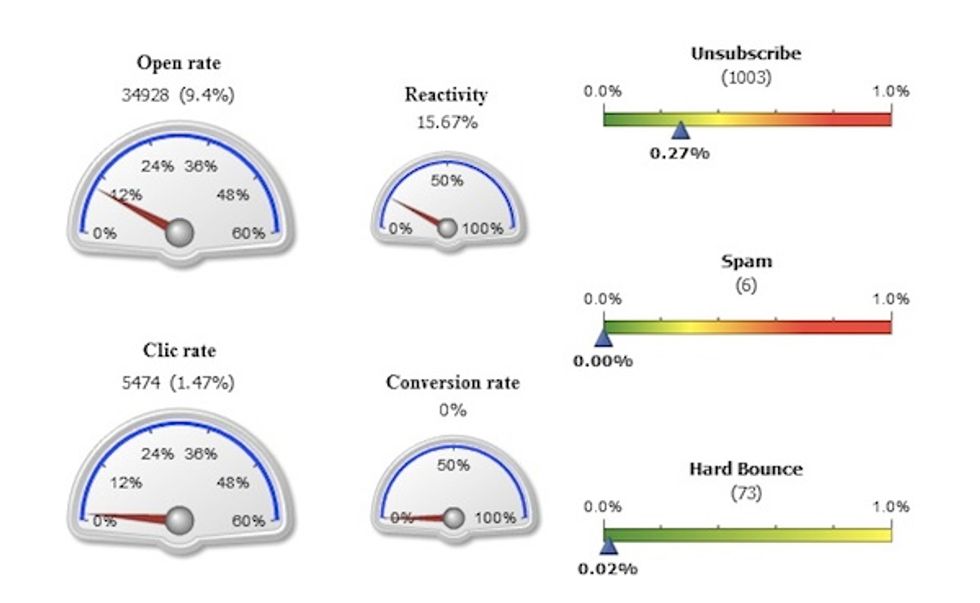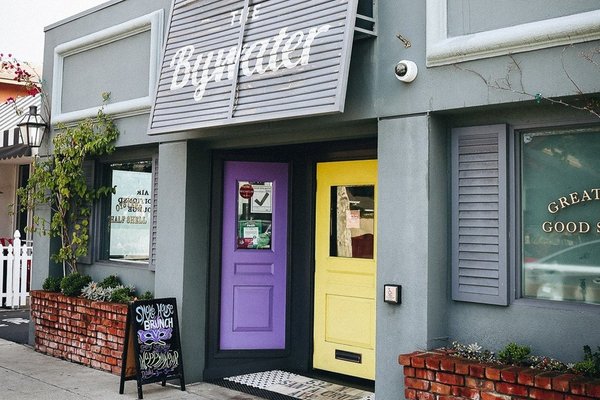If you’re like me, your email inboxes have exploded over the years to the point they are bursting with incoming messages, some of which are bound to get lost in the shuffle. And, depending how many merchants you buy from, a healthy percentage of that email is probably composed of marketing messages.
These are among the ones I’m most likely to delete, often without even opening them. If I’m in a rush, which is often, I’m likely to do this with at least a mild sense of irritation.
That most certainly is not an ideal outcome from the perspective of those sending me those emails.
The good news is that someone is doing something about this email clutter problem; in fact quite a few companies are working on it from one angle or another.
Among these is ividence, a technology startup that originated in France and recently opened an office in San Francisco as well as New York.
This company uses behavioral targeting technology to reduce one category of marketing email by as much as an order of magnitude (i.e. by 90 percent).
That is the third-party “opt-in” messages that many consumers find among the most irritating of all. What usually happens is that by agreeing to receive, say, a newsletter from one company, you may have inadvertently (perhaps by not reading the fine print) agreed to receive other messages from that company’s partners, as well.
So this was your “opt-in.”
Lynn Dalsing of the ividence team in San Francisco told me, “We know that people forget sometimes that they’ve signed up for these emails. But what’s the point of an advertiser sending out an email if it’s only irritating you?”
So, what ividence does, roughly speaking, is clean up your inbox by analyzing those messages from the perspective of what you’ve chosen to do with them in the past. "If a recipient never opens an email sent by our system, we will cease to email them altogether,” says Dalsing.
Now, to be clear, this is not a consumer service, but a b2b service, under the hood, more or less, of the relationships between publishers and advertisers that are competing to reach you – the consumer – via email.
But in the process it can have a major effect on your experience as an email user.
“Our company started because every other type of advertising to get customers was evolving but email wasn’t,” says Dalsing.
Besides the “reactive” function of eliminating those messages you don’t want, ividence is equally focused on understanding which ones you do want to open and read.
This “proactive” approach, identifying who responds best to which messages, helps marketers and customers connect with each other when they really want to.
Of course, with any technology like this one that is posited in behavioral targeting, it can be a bit creepy to imagine some technology out there tracking whether you are opening your messages, even if it’s for a good purpose.
But if you use Gmail or most other major email services, your inbox is actually being scanned (something ividence does not do) and analyzed for advertising purposes – just consider all of those targeted links on the right side inside your gmail messages.
This is all part of what the new meaning of something being “free” is.
Eli Pariser, in his wonderful book, The Filter Bubble, quotes one online wag as saying: "If you aren't paying for something, you're not the customer; you're the product being sold."
That said, ividence is one of those I consider to be among the good guys, trying to make what is already ubiquitous less intrusive and irritating, and more effective at the same time.
And just maybe, if they are successful, IBM’s recent prediction that spam will be eliminated from email within five years will in fact come true!





















